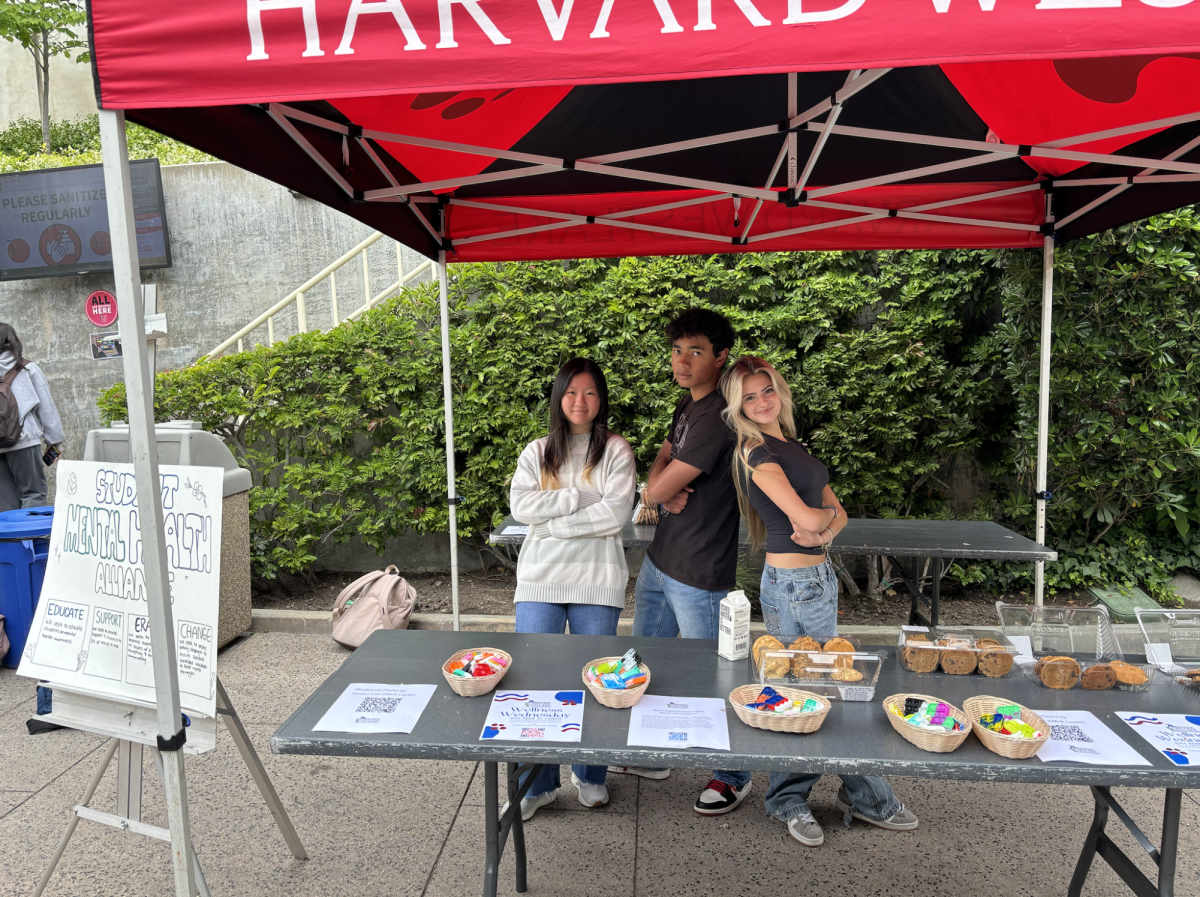Previous efforts to address the transparency issue included school-wide emails, which it’s doubtful the entire student body read, and optional meetings in Father J. Young’s office, which very few students, if any, attended. This new method ensures that every student will hear the entirety of the case and the decision and be given the opportunity to clarify the details of the case.
By discussing cases in class meetings, the Honor Board becomes more fully integrated into school life. Rather than whispered conversations complaining about decisions, now the conversation’s out in the open and facilitated by deans, some of whom may have even sat on the case. Although the discussions in different class meetings may veer off in different directions, hopefully the conversation will leave the room and pervade the quad, leading to a more informed and thoughtful student body.
However, while the change is on the whole a good one, there are still some kinks that need to be worked out. This past week, when the new method debuted, sophomores and juniors heard the case in their class meetings, while seniors had to wait a weekend before they could participate in any discourse on Monday or even know what happened. We realize it’s not a perfect system and the staggered timing of information dispersal is inevitable, but there’s a simple solution: keep the school-wide emails with the bare-bones summary, so that every student will receive the same core facts at the same time. With an email, students would also be more prepared for discussion, and it’s always good to have the facts on paper, so to speak, for future reference.
As of yet, it’s unclear what the student who went before the Honor Board in the case will do during these class meetings. Being there means hearing your peers unwittingly judge and jeer at you; not being there means fuelling speculation about which of the absent kids in your dean group was at the center of the case.
Our editorial board is made up of all senior Chronicle staff members, all of us close peers who have worked together for three years. Until now, we have never failed to present a unified opinion on the issues we’ve commented on, despite the fact that any one staff member is free to voice his or her opinion even in the face of an otherwise singular board conclusion. However, even this board could not come to a consensus as to who should decide whether or not the student attends the class meeting.
A majority of us thought that the choice to attend or not should be made by the student, but a minority strongly felt that he or she should be forced to attend the discussion. If we can’t come to a consensus it makes us wary that there might not be a right answer to this question. Though we believe in this change as a whole, this problem stands as a possible impediment to its future success.
Even with this aspect of the new system undetermined, the only way the method will truly be effective is if we take full advantage of it. The administration and Prefect Council have opened a promising window of transparency, and we would do well to use it. However, remember to be respectful in your discussions, because the person whose case you’re hearing may end up being in the room with you. This goes for deans too. When your dean asks for your thoughts at the next class meeting, speak up if you have any questions and share your opinions. Don’t let the room sit silent.

































